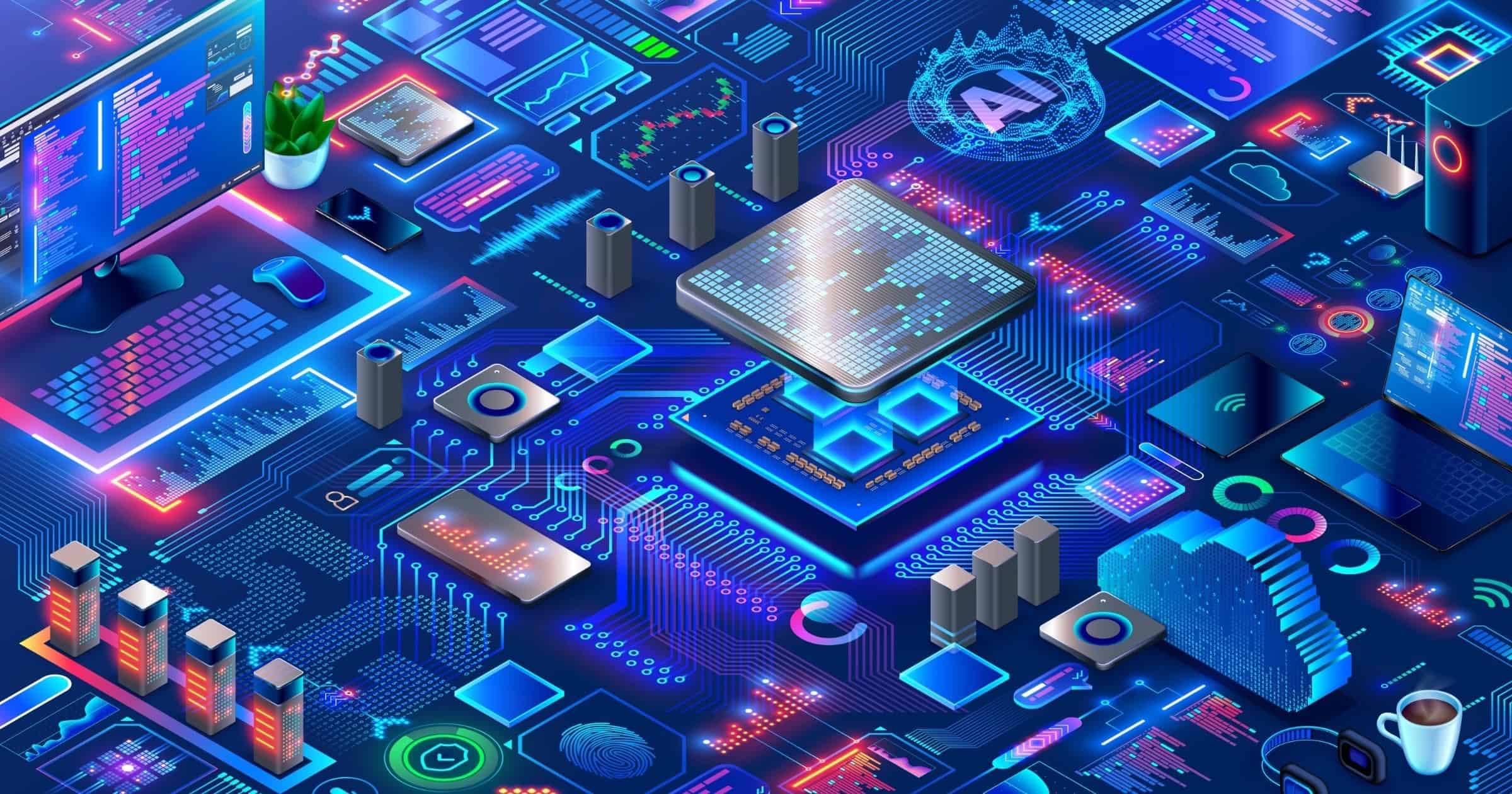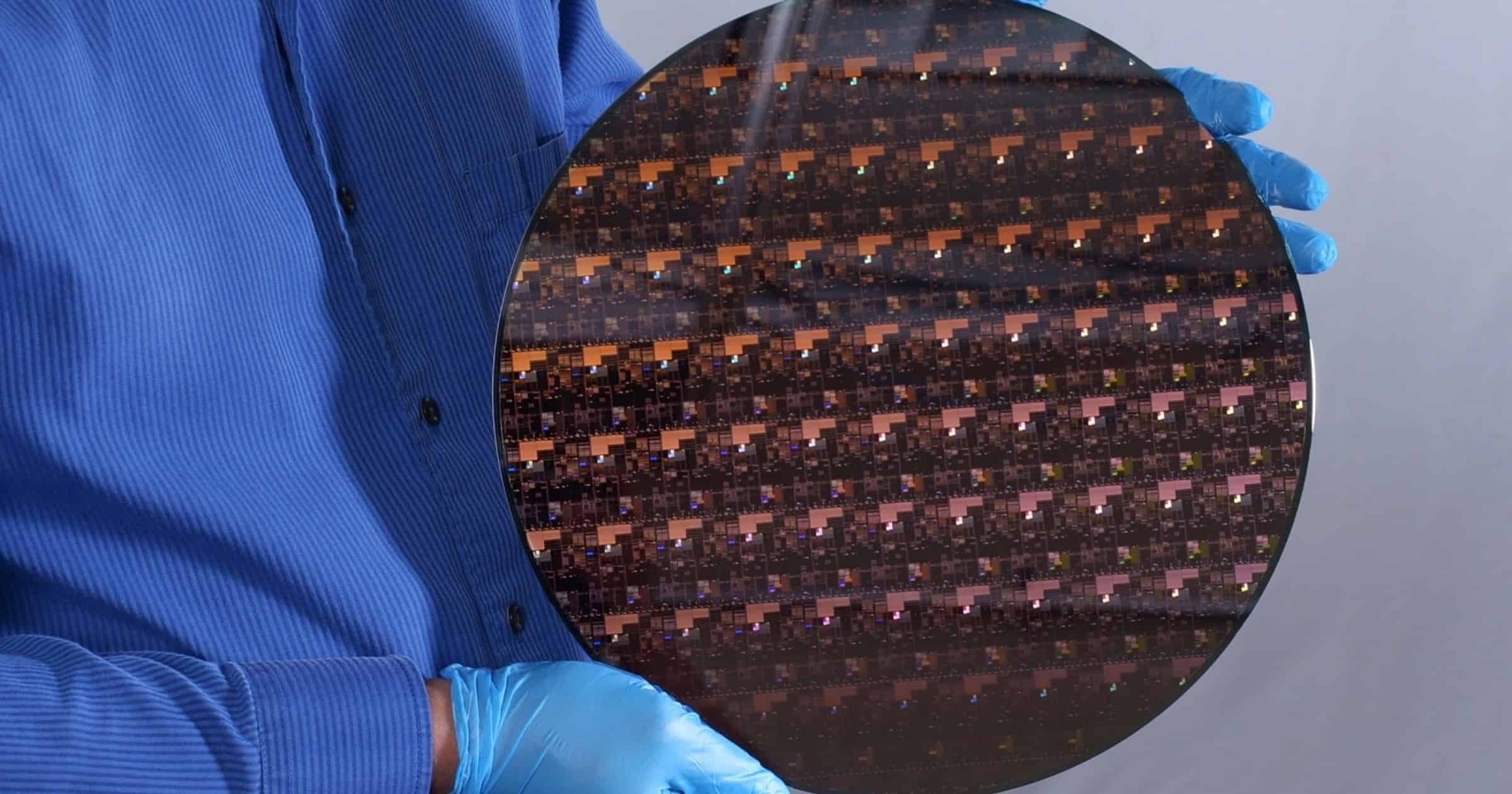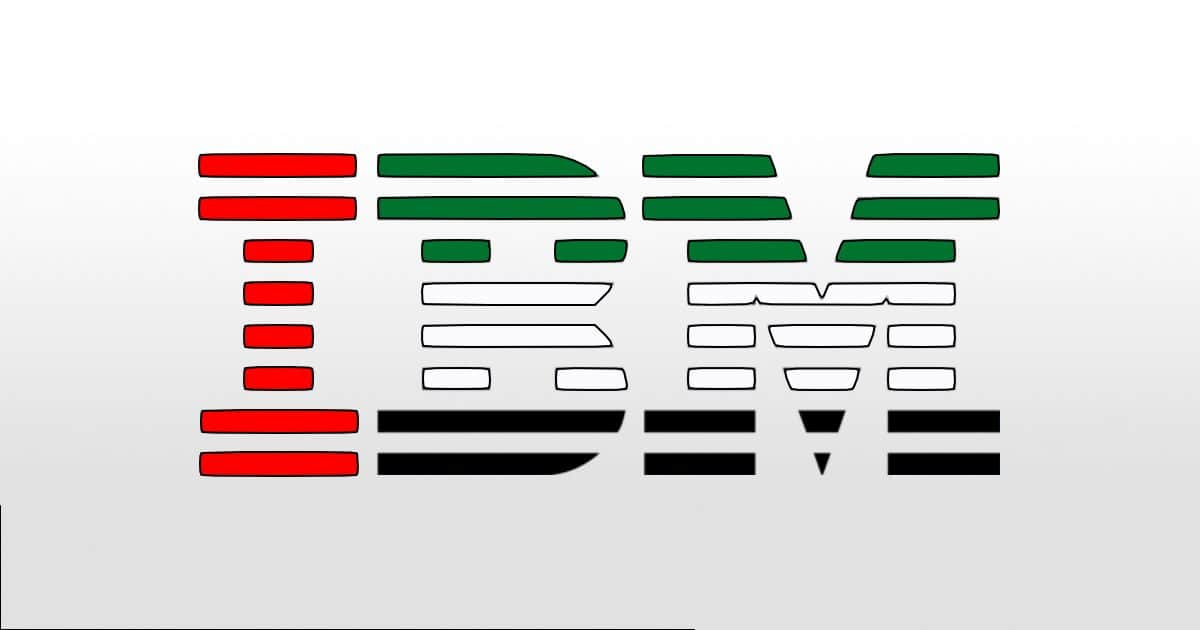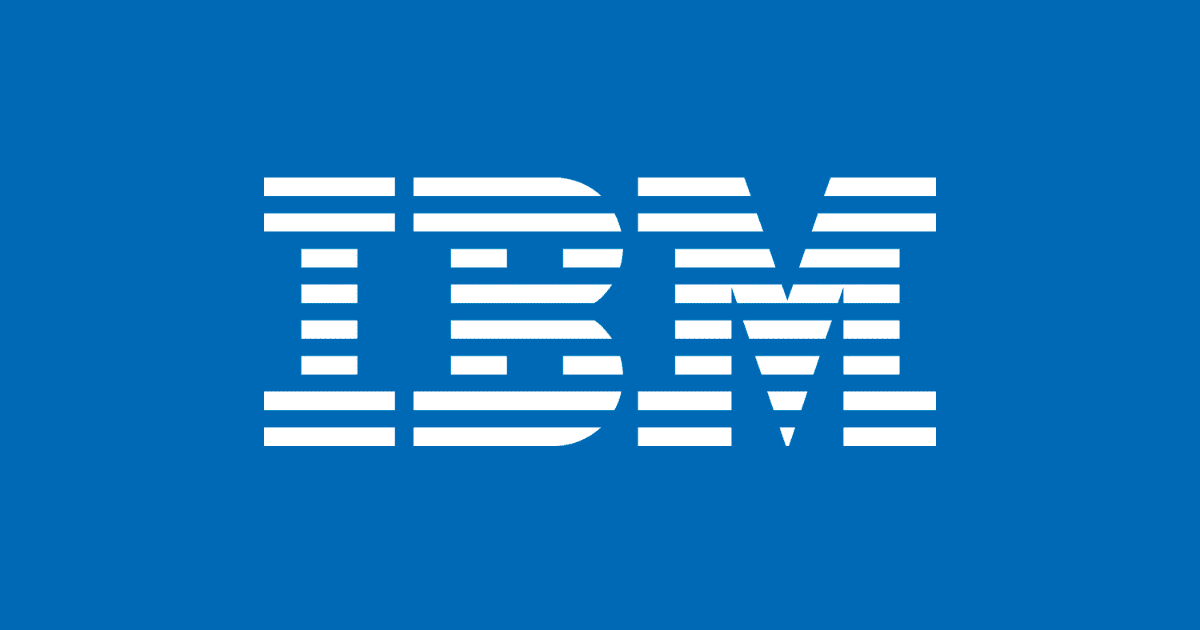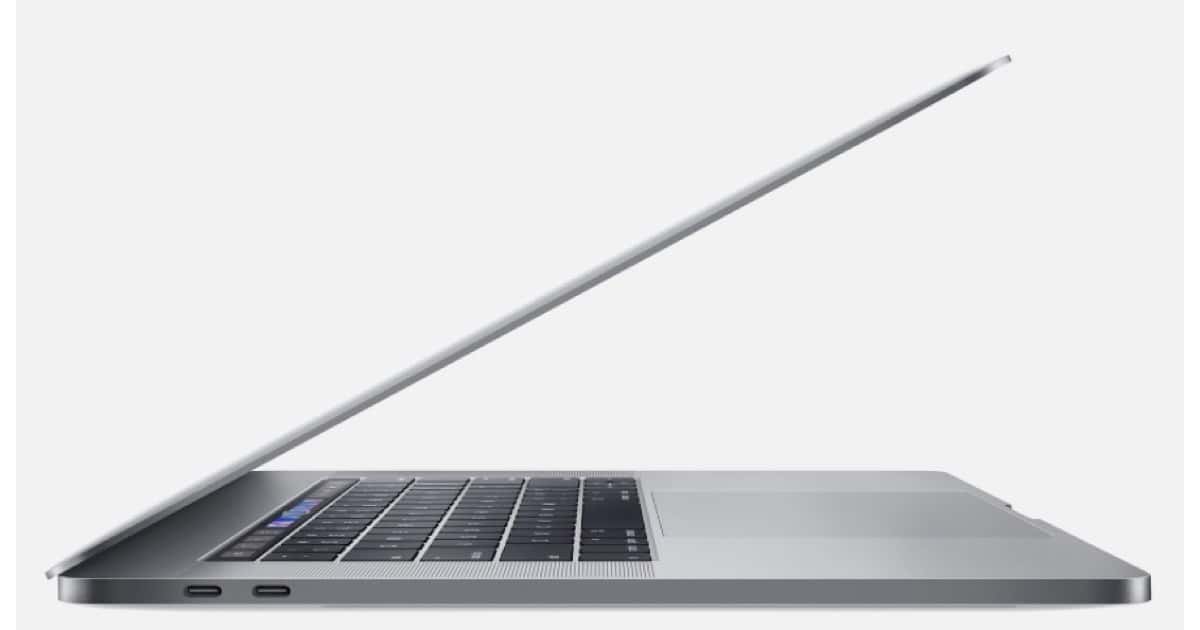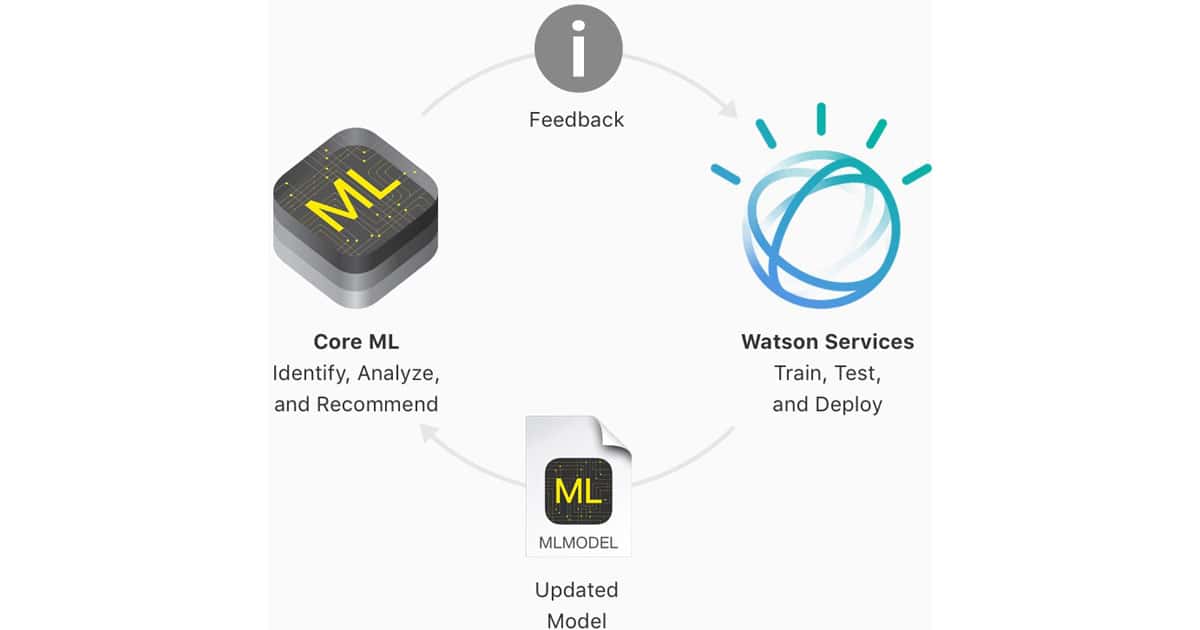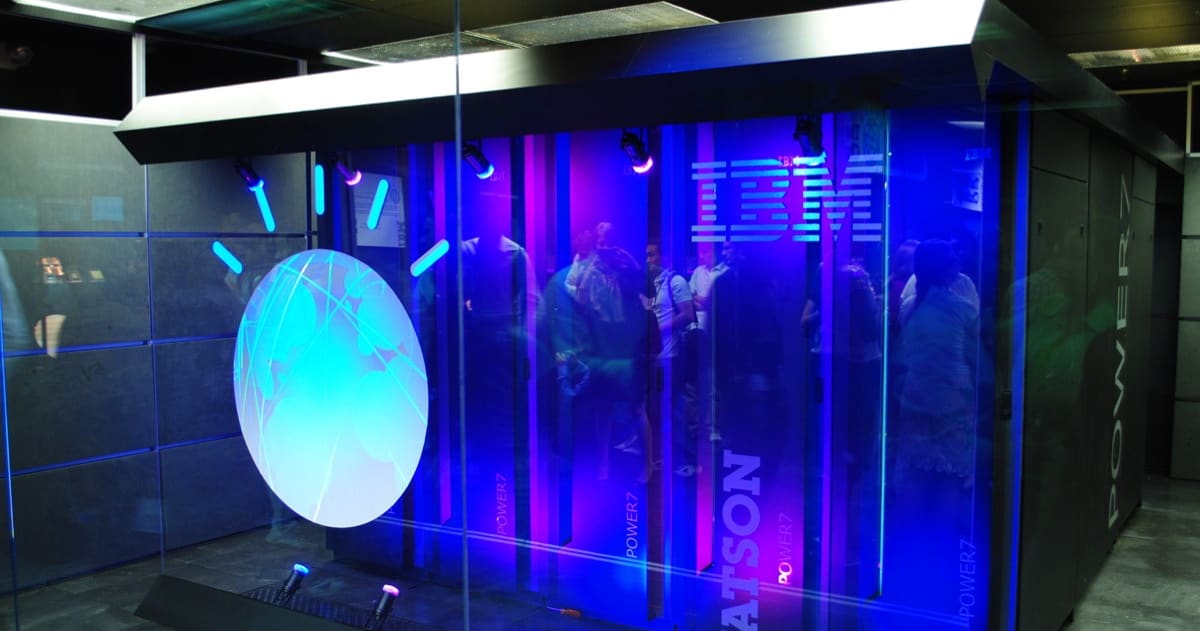TinyML is a joint project between IBM and MIT. It’s a machine learning project capable of running and low-memory and low-power microcontrollers.
[Microcontrollers] have a small CPU, are limited to a few hundred kilobytes of low-power memory (SRAM) and a few megabytes of storage, and don’t have any networking gear. They mostly don’t have a mains electricity source and must run on cell and coin batteries for years. Therefore, fitting deep learning models on MCUs can open the way for many applications.
